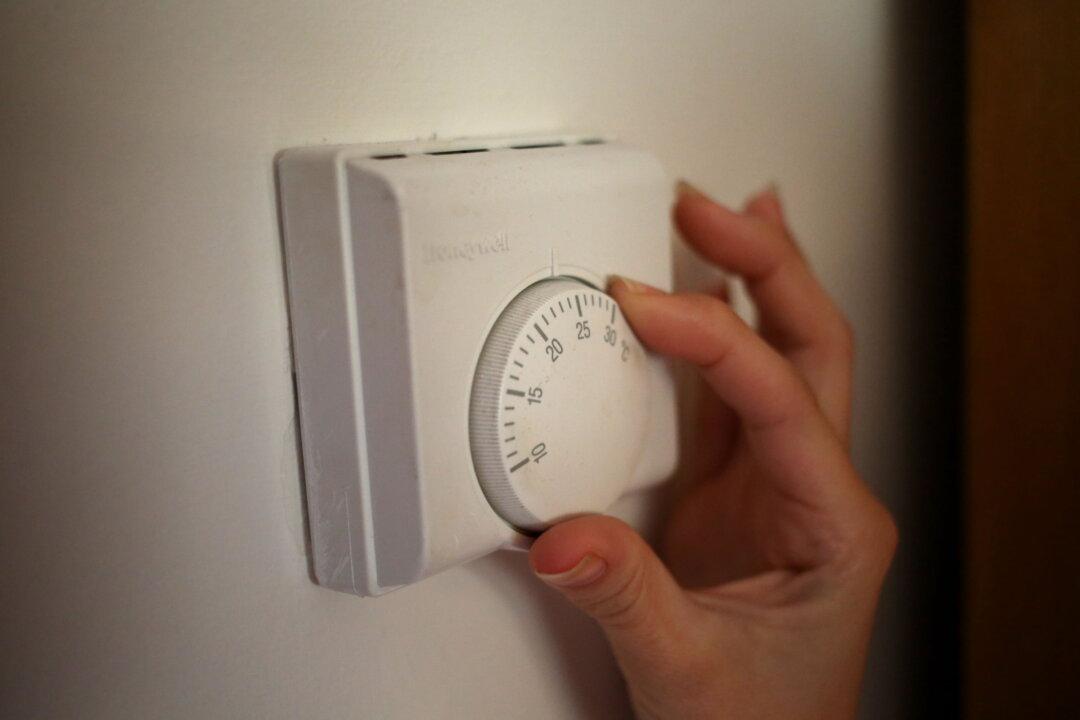One-fifth of Canadians say rising home heating costs are a “financial burden,” according to a study contracted by a federal department, which also found that a majority of homeowners pay over $200 a month on heating bills.
“Just over one in five Canadian homeowners (21%) indicated that the energy costs of their primary residence are a significant financial burden to them,” reads a report contracted by the Department of Natural Resources, as first reported by Blacklock’s Reporter.





